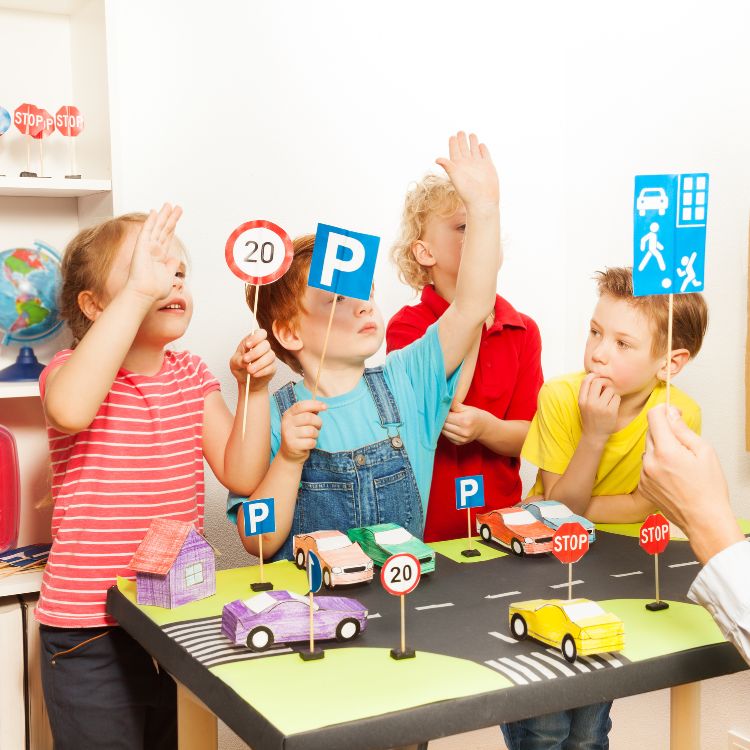Empowering young Australians by promoting road safety in schools
Fostering a culture of responsible driving starts in the classroom—unlocking the keys to safer roads for generations to come.
Road safety is a serious concern for communities across Australia, especially when it comes to safeguarding the well-being of our youth. As young drivers navigate the complexities of the road, it is crucial to equip them with the knowledge, skills, and attitudes necessary to make informed decisions behind the wheel.
Alarmingly, road collisions remain a leading cause of death among young Australians aged 15 to 24. According to studies, young drivers aged 16 to 24 years are 60% more likely to get into serious collisions while driving (Department of Transport and Main Roads).
Promoting road safety awareness in Australian schools is a proactive measure that can significantly reduce these staggering statistics. By instilling safe driving practices from an early age, we can foster a generation of responsible road users who prioritise their safety and the safety of others.
Road safety in schools: Spreading awareness in the classroom
Teaching road safety in schools is an important and necessary step that fosters empathy and engagement for a safer, more mindful society. Here’s how you can make a difference.

Life-saving education
Road safety education empowers young people with the knowledge and skills to navigate the roads confidently and responsibly, potentially saving lives and preventing devastating collisions. By learning about defensive driving techniques, hazard perception, and the consequences of risky behaviours such as distracted driving or driving under the influence, students gain invaluable insights and practical experiences.

Promoting responsible attitudes
Road safety programs in schools play a vital role in shaping positive attitudes toward safe driving practices, instilling a sense of respect for traffic laws and fellow road users. Through awareness, students develop an appreciation for the importance of following traffic regulations. They learn about the potential consequences of negligent driving behaviour, not only for themselves but for other road users.

Long-term impact
By integrating road safety into the curriculum, schools can establish a foundation for safe driving habits, ensuring that these valuable lessons resonate with students well into adulthood. The formative years of education are crucial in shaping behaviours that can have a lasting impact. This long-term impact extends beyond the individual, contributing to a culture of road safety and reducing road collisions.

Community engagement
Involving families, local authorities, and road safety organisations in school-based initiatives creates a collaborative effort, reinforcing the importance of road safety within the community. By engaging parents and guardians in the educational process, schools can foster a shared understanding and commitment to road safety principles, ensuring that the lessons learned in the classroom are reinforced at home.
What Our Community Says About Us
Our Partners





Youthsafe: Championing road safety in schools
Youthsafe is at the forefront of promoting road safety awareness and empowering young people in Australia. With a wide range of services and programs, Youthsafe provides invaluable resources and support to schools, communities, and individuals.
Our comprehensive approach includes a range of resources including workshops and interactive road safety sessions that resonate with today's youth. By leveraging cutting-edge technologies and evidence-based strategies, Youthsafe equips young Australians with the tools and knowledge needed to make informed decisions on the road.
FAQs
Schools can integrate road safety education into various subject areas, such as health and physical education, social studies, and even language arts. Interactive lessons, guest speakers from road safety organisations, and field trips to driving simulators or traffic safety centres can enhance the learning experience.
Local communities and organisations can contribute to road safety initiatives in schools by partnering with educational institutions, providing resources and expertise, and supporting awareness campaigns. This collaborative approach can help create a comprehensive and engaging learning experience for students while fostering a broader sense of community responsibility for road safety.


